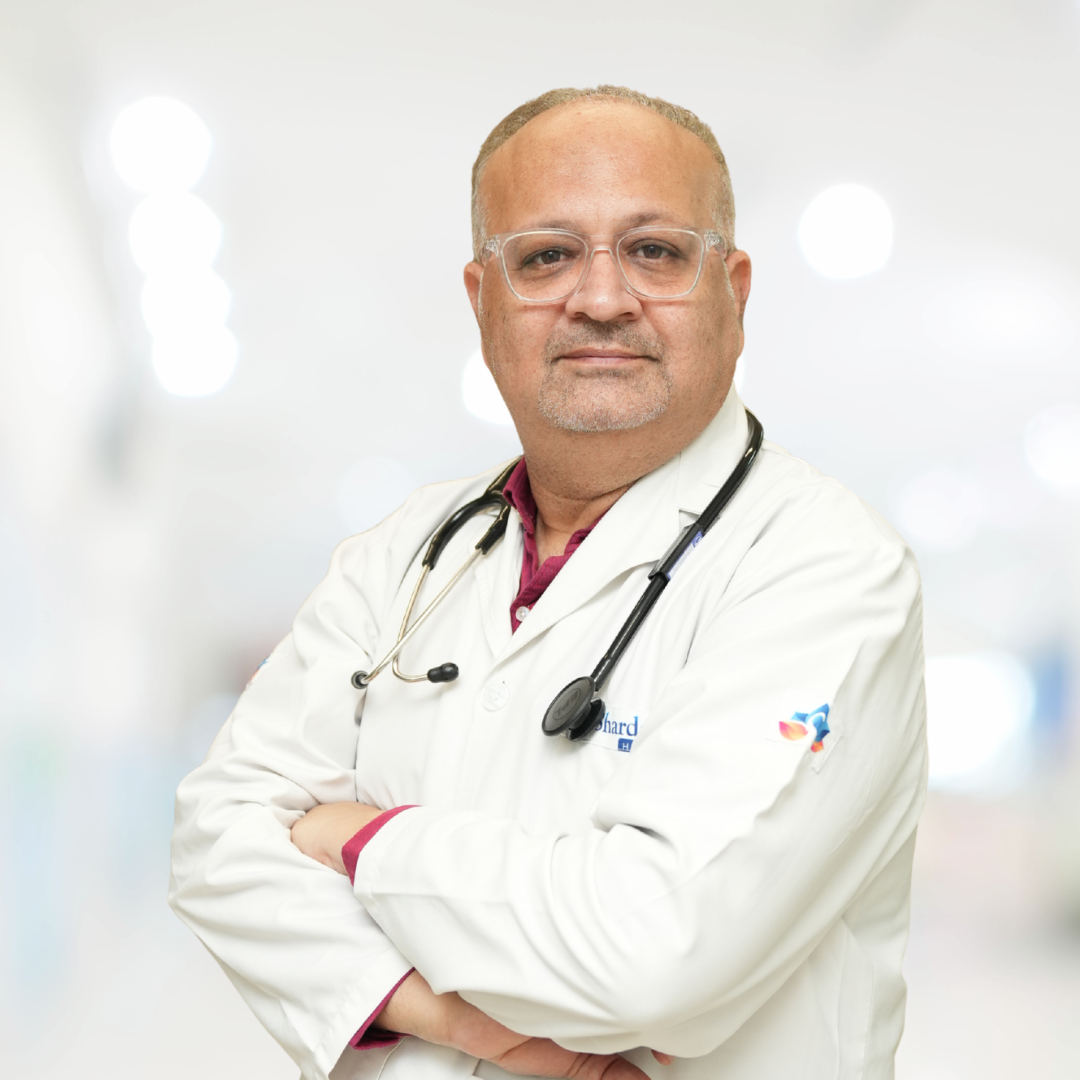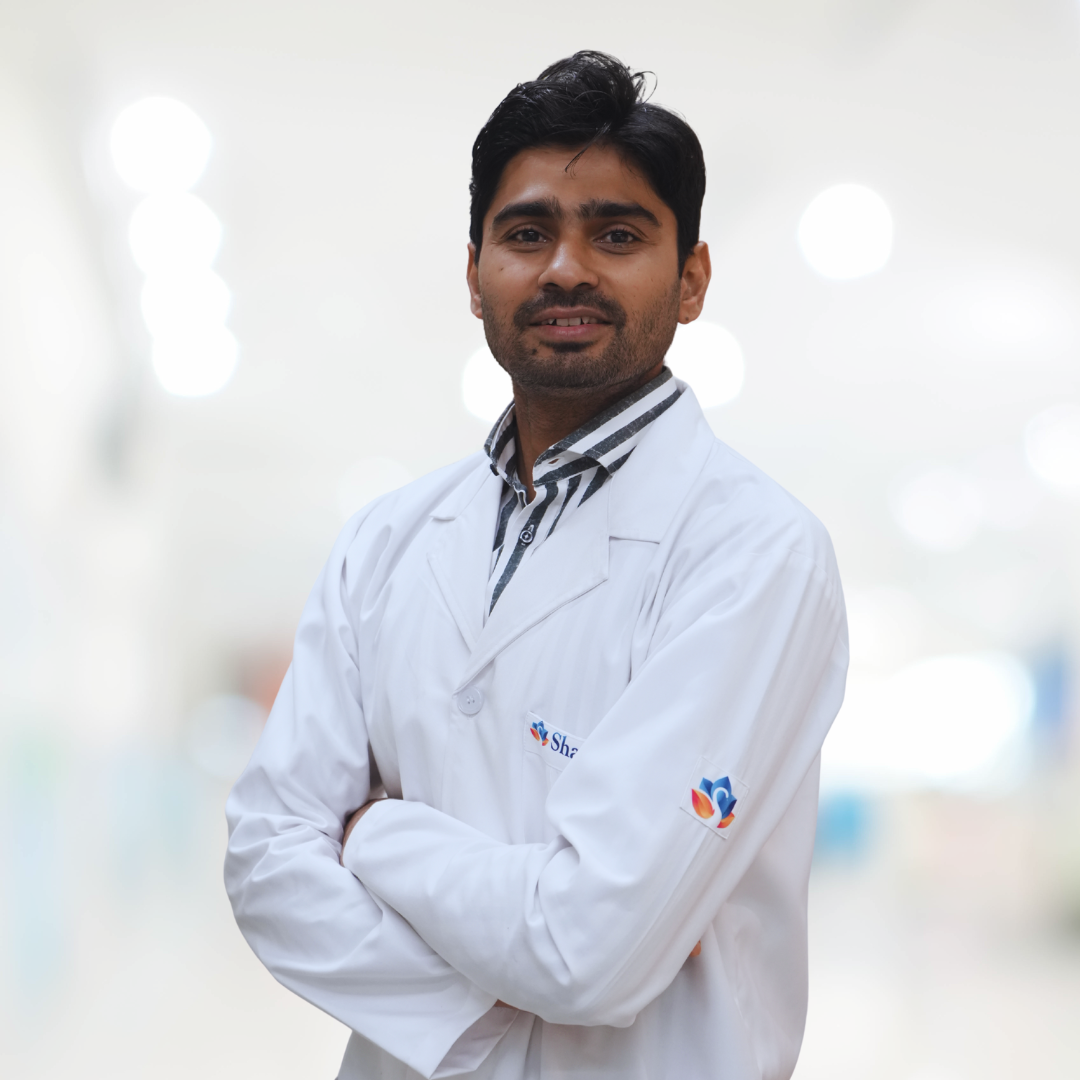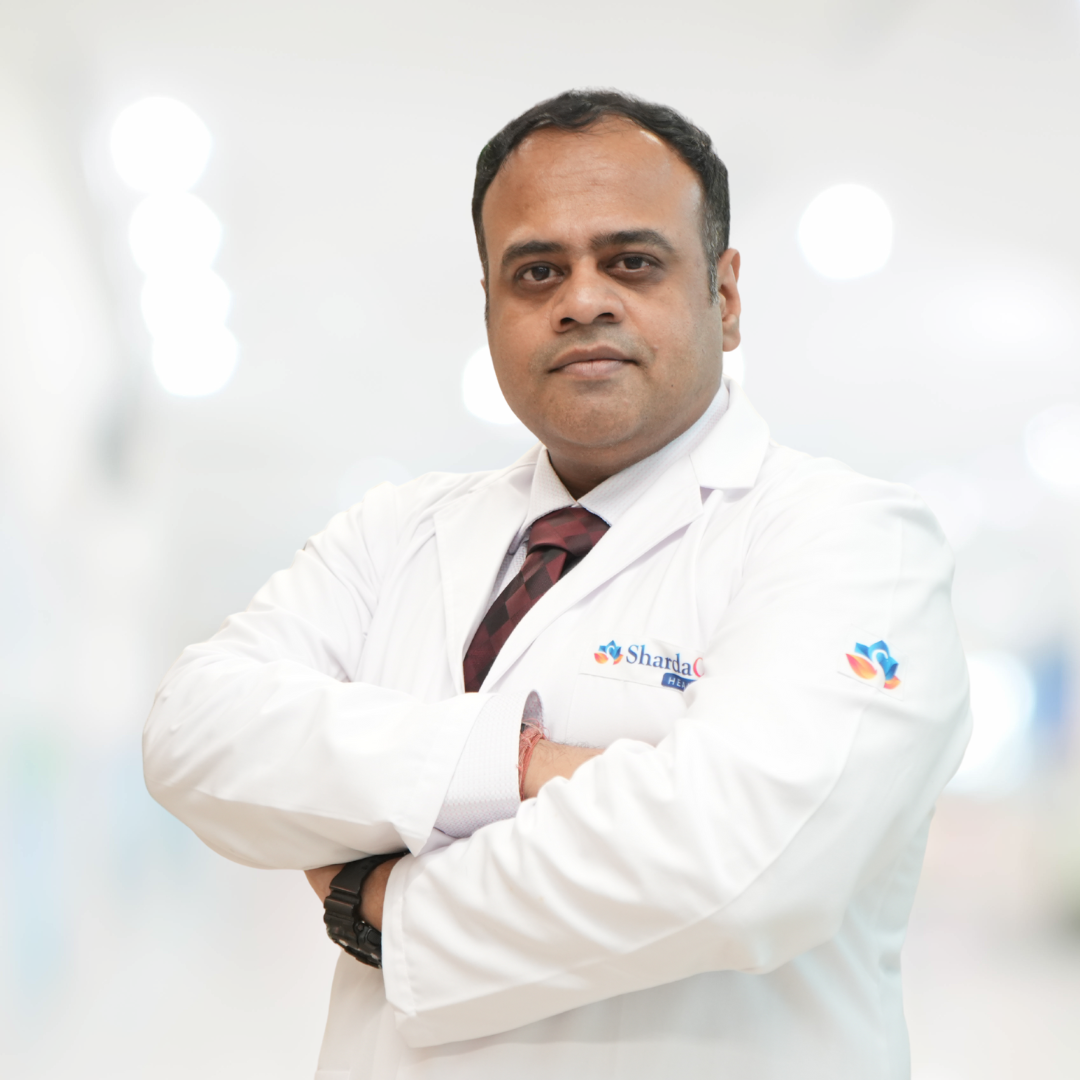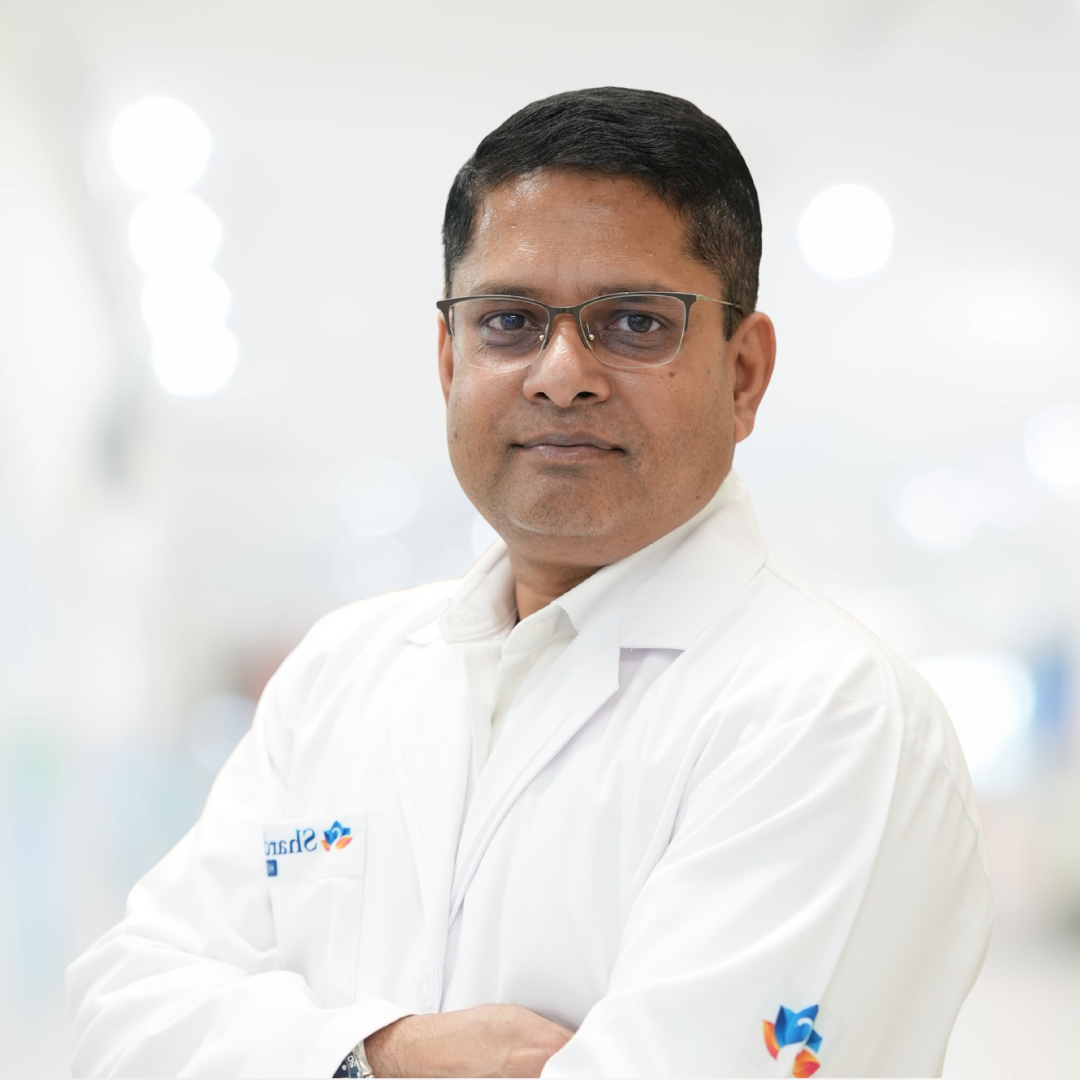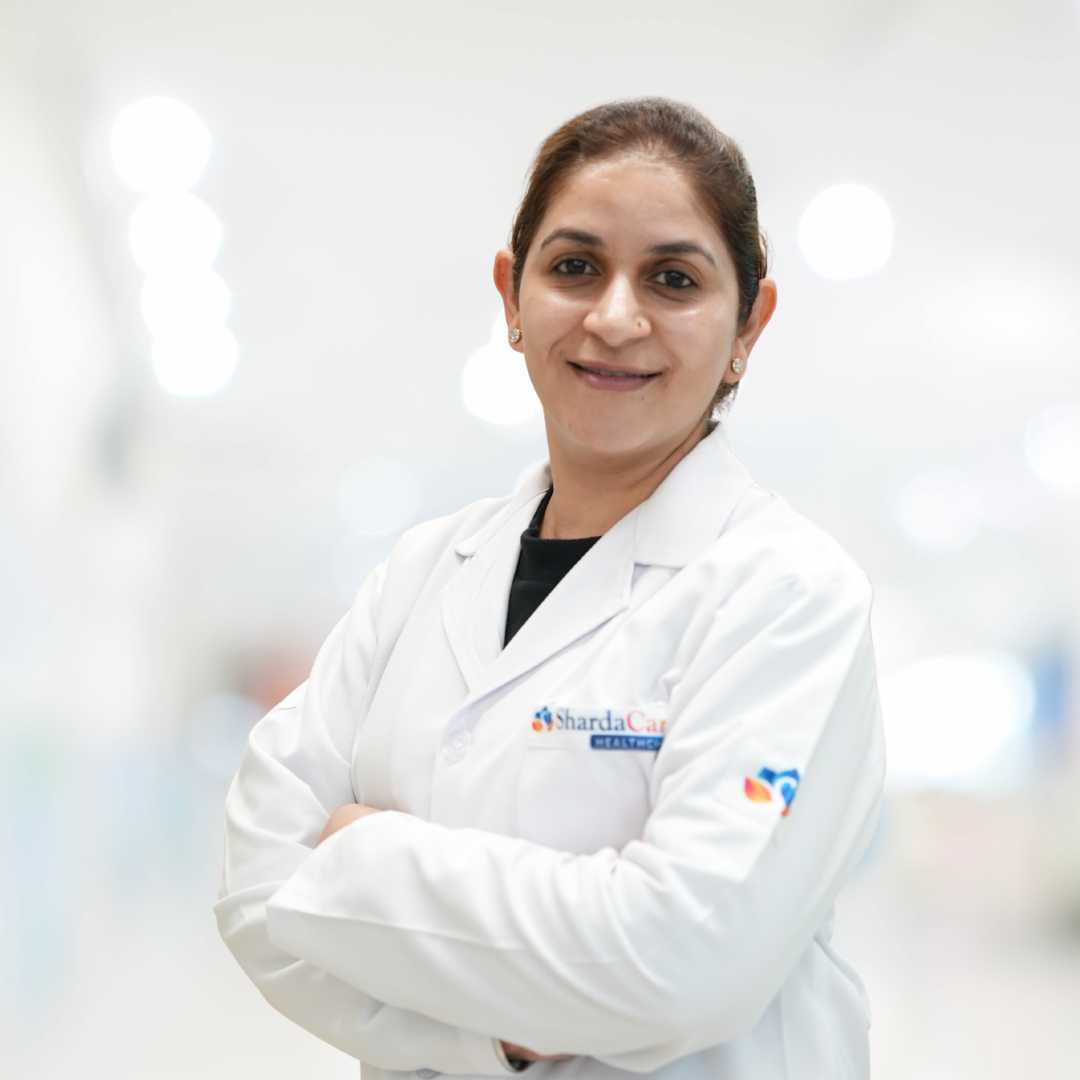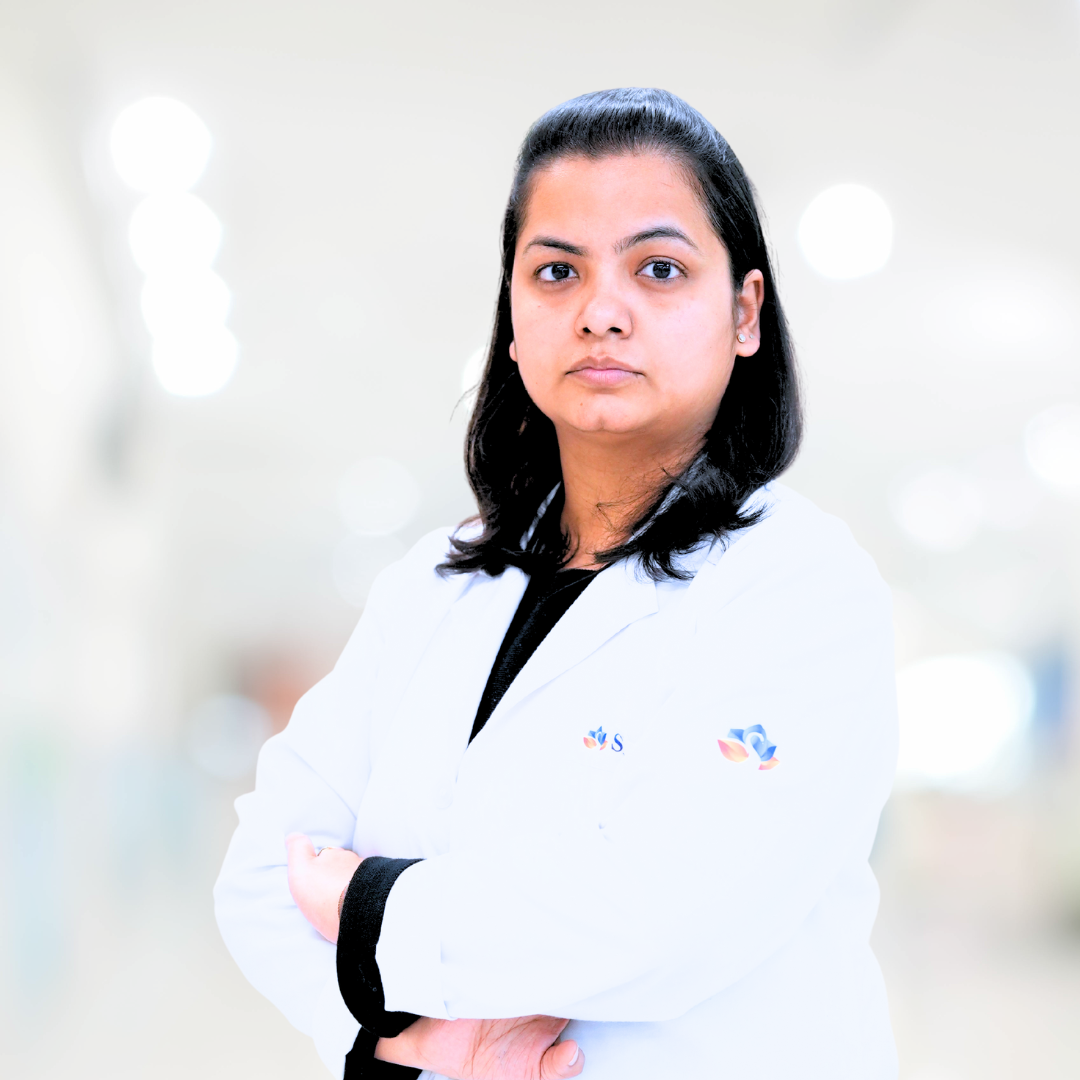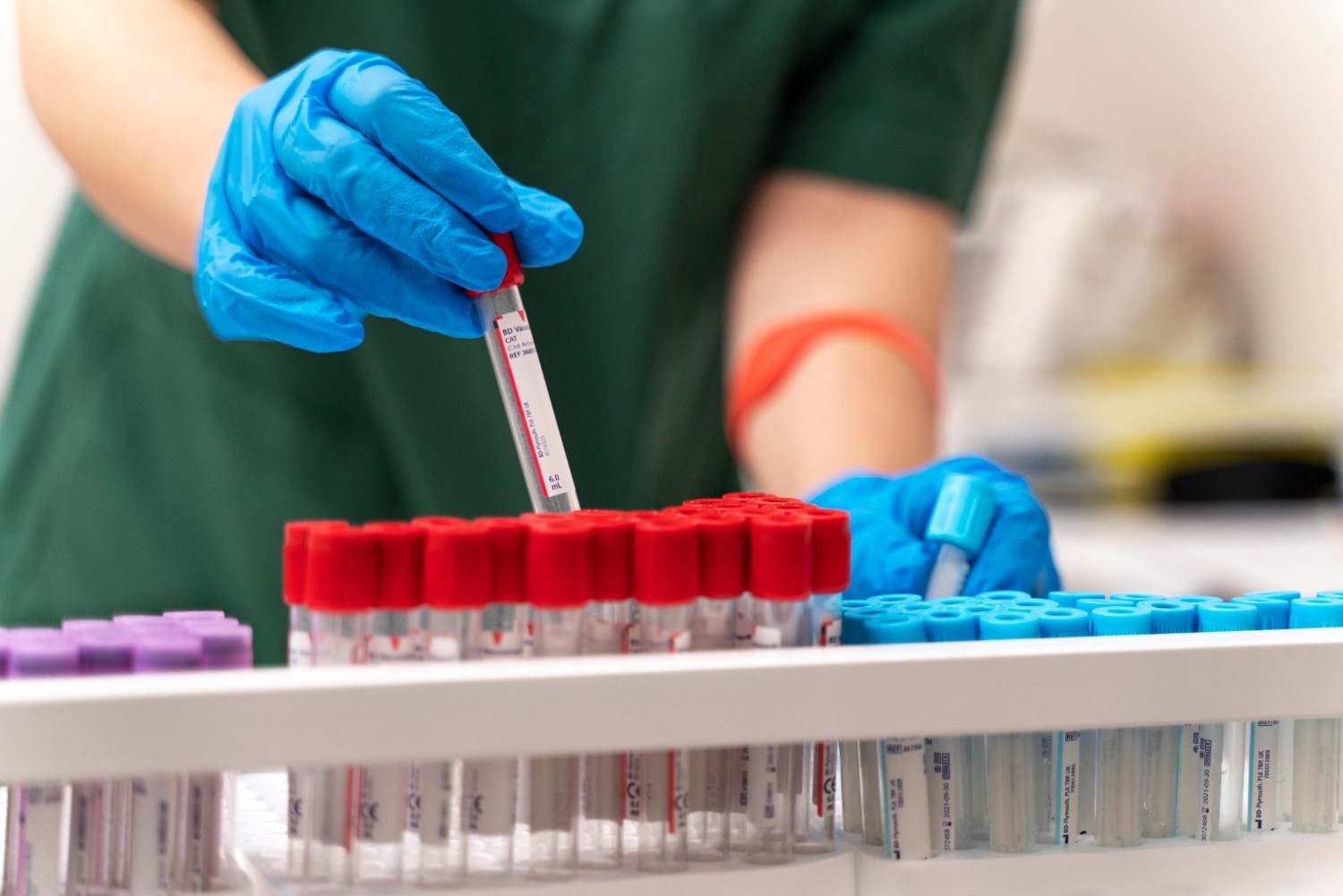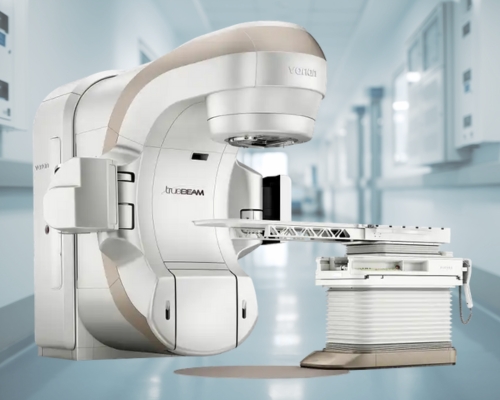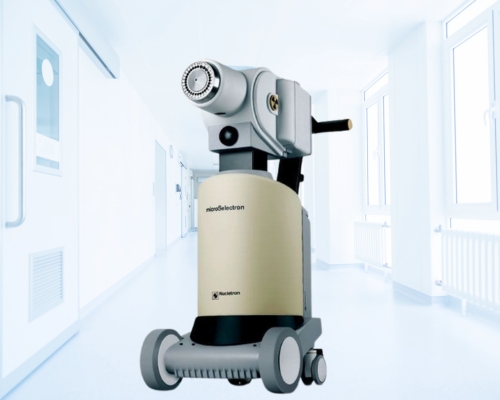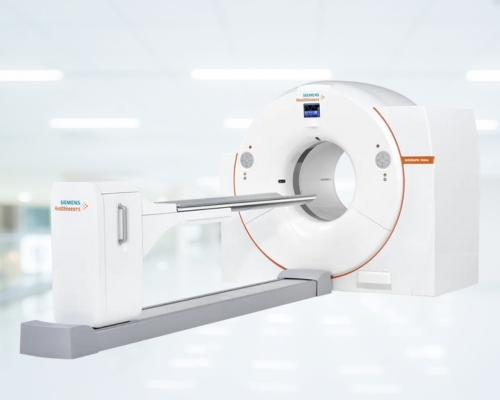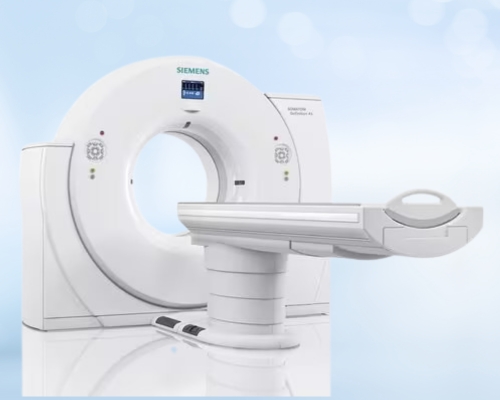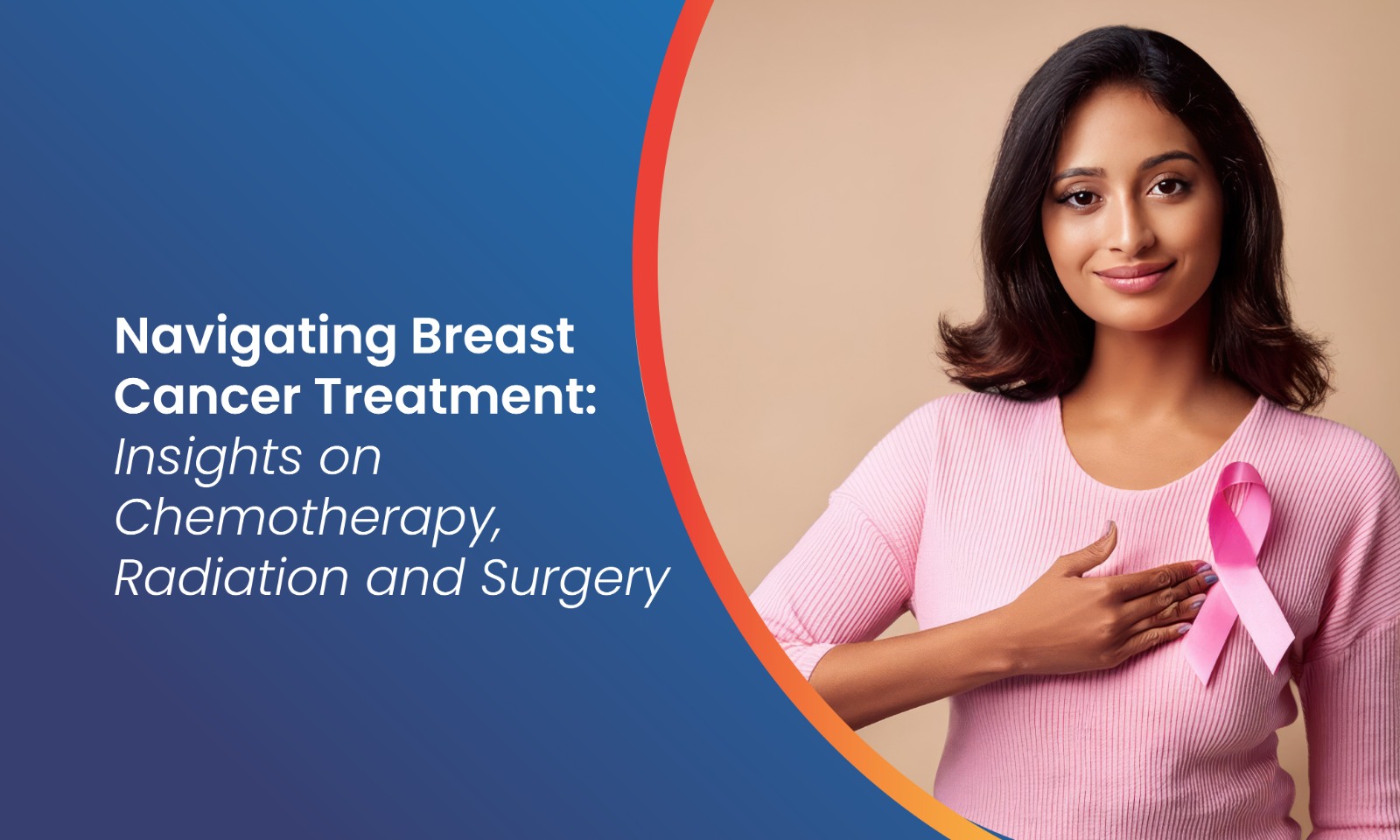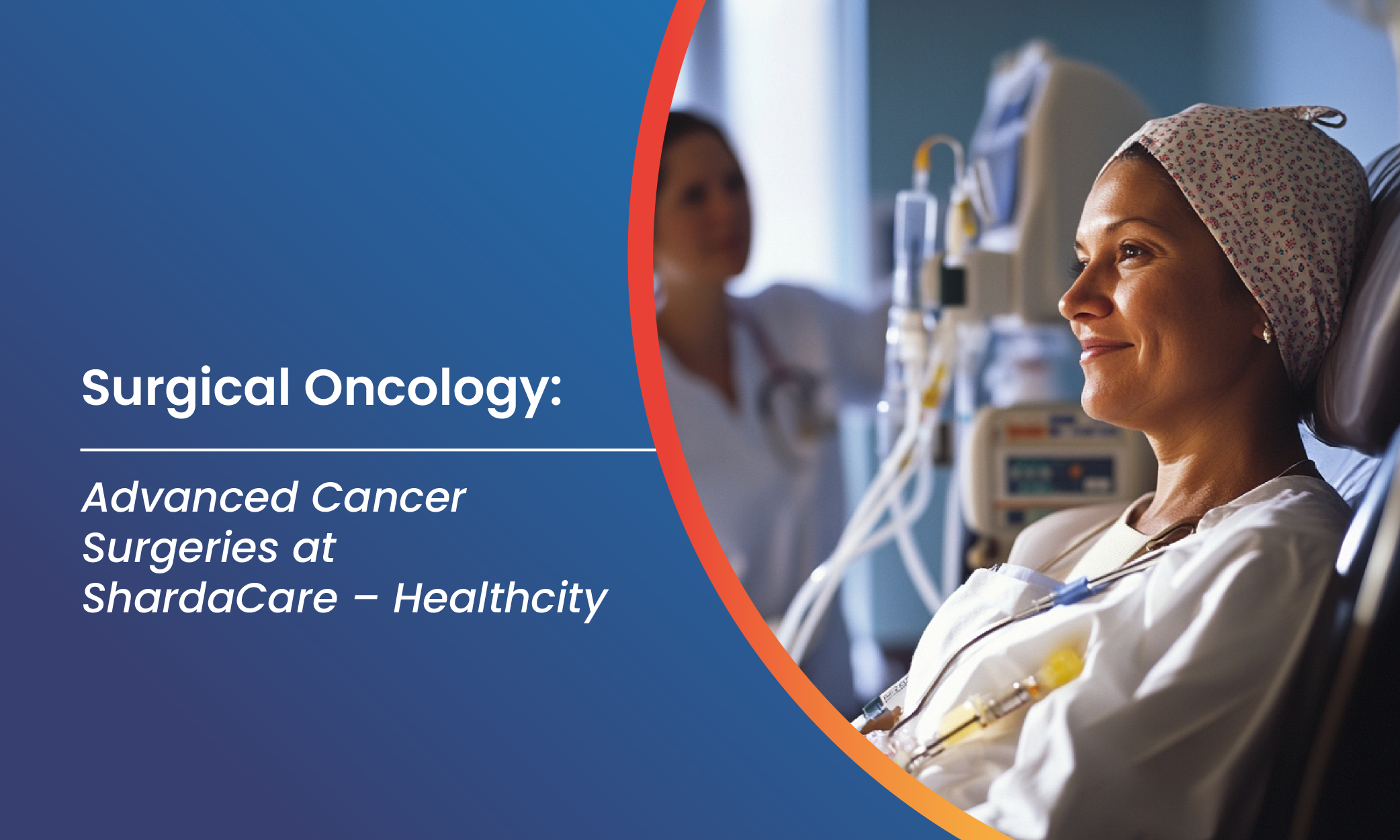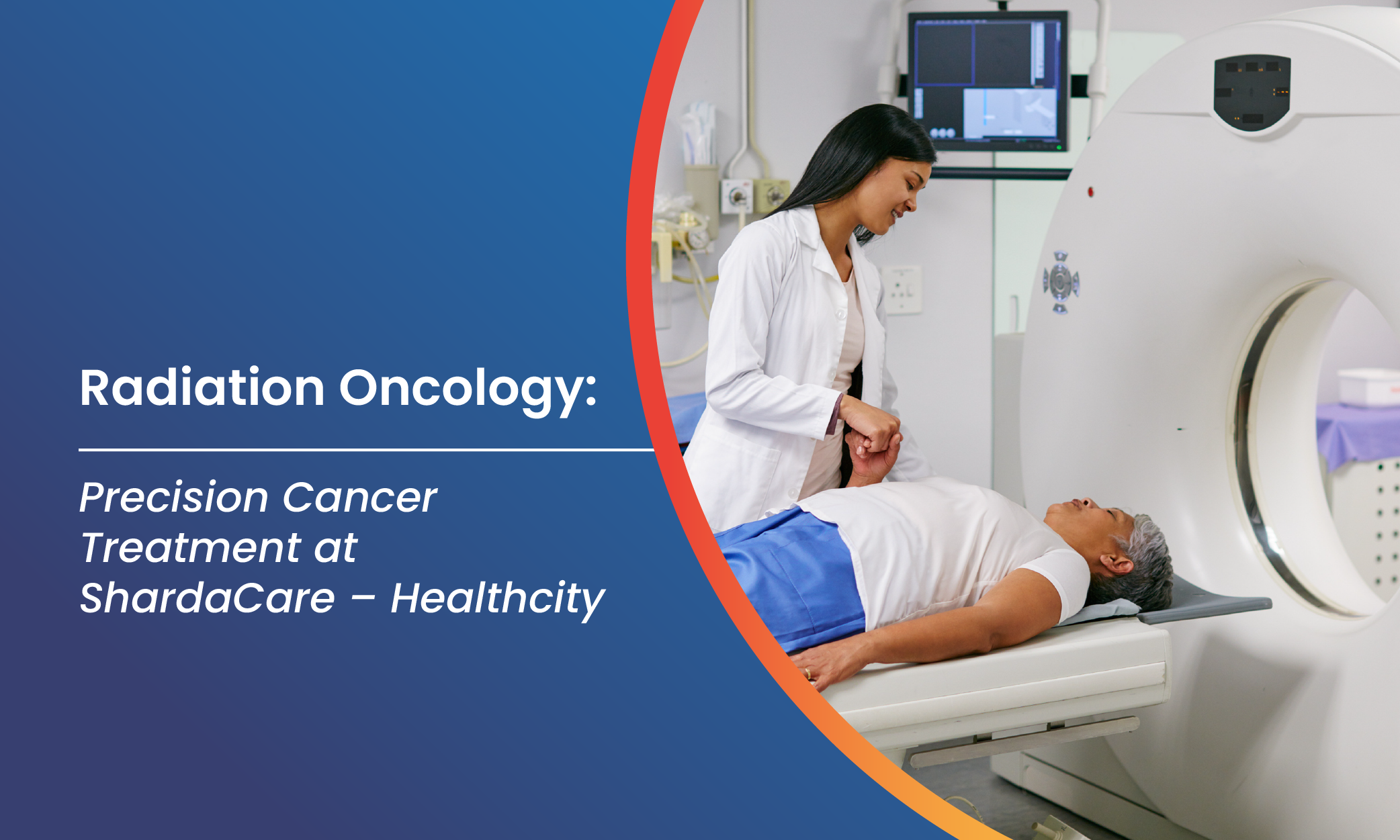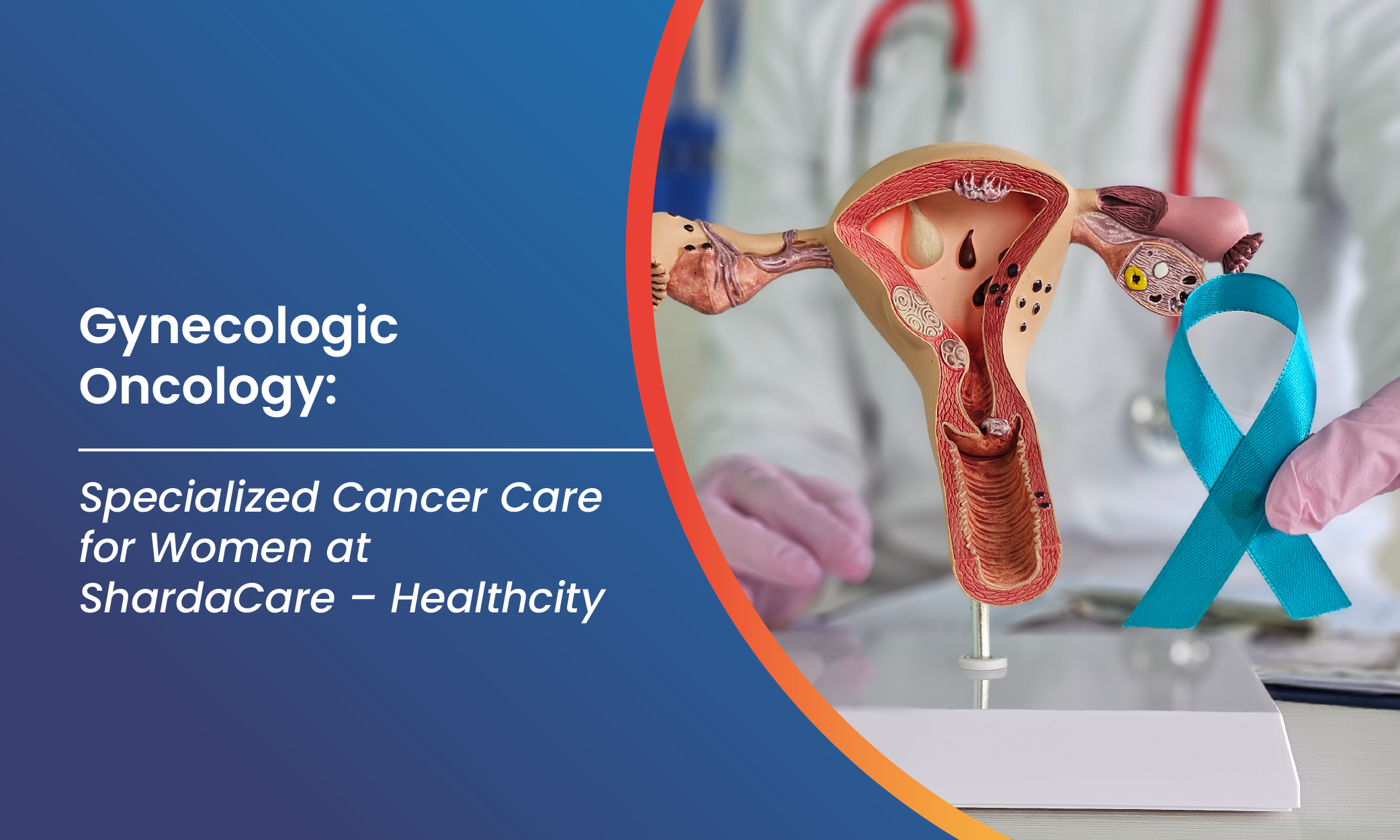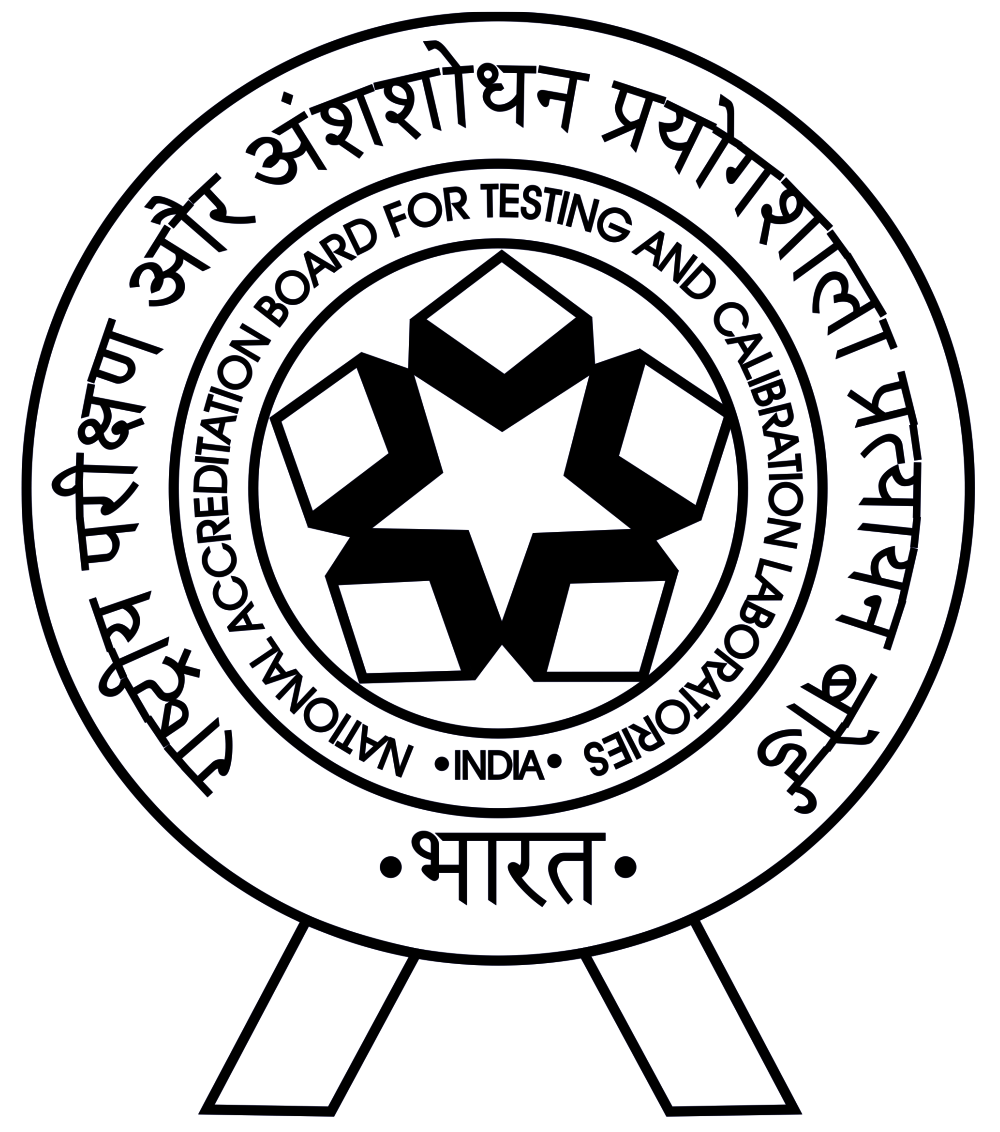
Medical Oncology & Cancer Treatment at ShardaCare – Healthcity
Cancer is a serious illness that impacts millions of people globally. It can develop due to various factors like Genetics, Lifestyle choices, Environmental Exposure, and Infections. Cancer can affect any part of the body, leading to diverse Symptoms, Diagnosis methods, and Treatment options.
At ShardaCare - Healthcity, we recognize the challenges faced by Cancer patients and their families. That's why we are dedicated to offering top-notch Medical Oncology treatments in India, ensuring the highest standards of Quality, Safety, and Compassion. As one of the premier Medical Oncology Hospitals in India, we provide tailored and comprehensive Cancer Care nationwide.
Our team comprises highly skilled and experienced Medical Oncologists who are experts in their fields. They stay updated on the latest advancements in Cancer Care and work closely with other specialists, including Surgical Oncologists, Radiation Oncologists, Pathologists, Radiologists, and Oncology nurses, to deliver Holistic Cancer care.
Under Medical Oncology, we treat various diseases, including:
- Breast Cancer
- Prostate Cancer
- Lung Cancer
- Colorectal Cancer
- Leukaemia
- Lymphoma
- Ovarian Cancer
- Pancreatic Cancer
- Brain Tumours
- Sarcomas
Each patient receives personalized attention and care to ensure the best possible outcomes.
Looking for an Expert
ShardaCare - Healthcity is home to some of the eminent Doctors in the world.
Book an AppointmentOur Medical Experts
Related Specialties
Technology
Varian TrueBeam Linear Accelerators (LINAC)
ShardaCare - Healthcity introduces Varian Truebeam LINAC, revolutionizing cancer care with pinpoint accuracy in radiation therapy for tailored treatment plans.
Varian HDR Brachytherapy Machine
ShardaCare - Healthcity brings the Varian HDR Brachytherapy Machine, empowering personalised cancer treatment with high-dose rate therapy for localised tumours.
Siemens Healthineers PET CT Scan
Welcome to advanced diagnostics at ShardaCare - Healthcity with Siemens Healthineers PET CT Scan, offering unparalleled imaging precision for comprehensive disease assessment.
GE 256 Slice CT-Scan
Enhance diagnostic capabilities at ShardaCare - Healthcity with GE 256 Slice CT-Scan, providing exceptional image clarity for precise medical evaluation.


